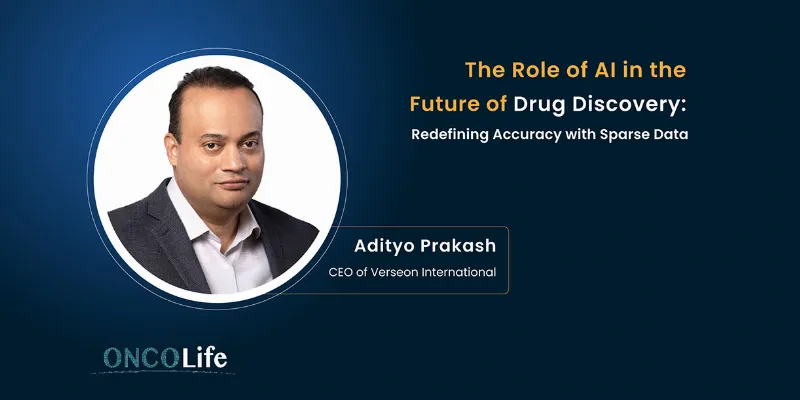Klinrisk: A Breakthrough AI Model Predicting Kidney Disease Progression for Millions

6 November 2023
The Klinrisk AI model, validated in a U.S. study by Boehringer Ingelheim and Carelon Research, accurately predicts chronic kidney disease (CKD) progression. Using data from over 4 million adults, the model achieved over 80% accuracy, offering the promise of earlier detection and treatment for millions of CKD patients.
A groundbreaking AI-driven model, known as the Klinrisk, has been validated in a significant U.S. study, offering a new tool in the fight against chronic kidney disease (CKD). The collaborative research effort by Boehringer Ingelheim and Carelon Research could change the way over 35 million American adults living with CKD are managed and treated. This accessible tool analyzes routine lab results, potentially transforming CKD management and improving patient outcomes.
The Klinrisk model has demonstrated an impressive ability to predict disease progression in more than 80% of cases across all disease stages. These findings were presented in an oral session at the American Society of Nephrology Kidney Week conference in Philadelphia, being held from November 1-5, 2023. The AI tool analyzes simple lab results and demographic data to help healthcare professionals identify patients who are at risk of CKD progression early on. The model's efficiency was validated using a large and diverse dataset from over 4 million U.S. adults.
The study's results, revealed that the model's predictions were over 80% accurate over a two-year period and remained robust over five years. The findings are particularly significant given that CKD often goes undetected until it is advanced, largely because of subtle early symptoms.
The Klinrisk tool uses machine learning to analyze age, sex, and routine laboratory data—including blood cell counts, chemistry, metabolic panels, and when available, urinalysis. The goal is to predict CKD progression, which is defined as either a 40% decline in estimated glomerular filtration rate (eGFR) or outright kidney failure.

Importantly, the model requires only demographic information and routine lab data, making it accessible for broad clinical use. It's a step forward in enabling earlier diagnosis and treatment, which could potentially slow the disease's progression and improve patients' quality of life.
Boehringer Ingelheim's Vice President, Mohamed Eid, M.D., M.P.H., underscores the model’s potential to change the current landscape:
"Effective disease-modifying therapies rarely reach the people with chronic kidney disease who are most likely to need them, due to limited recognition of early-stage disease. This model may have the potential to help healthcare professionals better identify patients at risk of CKD progression using simple lab results. Physicians need novel tools to evaluate risk of CKD progression, which could assist with earlier diagnosis and treatment."
The AI model correctly predicted CKD progression in 80-83% of individuals over two years and in 78-83% of individuals over five years, depending on the insurance provider. When urinalysis data was available, the model correctly predicted CKD progression in 81-87% of individuals over two years and in 80-87% of individuals over five years.
"As this model requires only demographic information and routine laboratory data, it may have the potential for broad application in a clinical setting to help identify individuals at risk of CKD progression," said Mark Cziraky, president of Carelon Research. "Earlier identification of CKD risk could help to inform and improve care decisions."
As the healthcare community reacts to this development, there is optimism that this tool could soon become an integral part of CKD management, offering a beacon of hope for millions at risk of this chronic condition.











Comments
No Comments Yet!